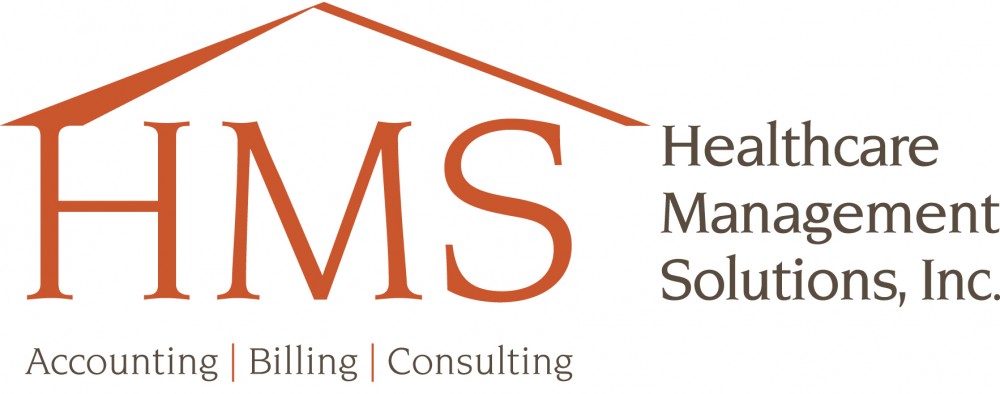CMS has issued change request (CR) 9065 that incorporates provisions in the final rule (CMS-6045-F) entitled “Medicare Program; Requirements of the Medicare Incentive Reward Program and Provider Enrollment” into chapter 15 of the Medicare Program Integrity Manual. CR 9065 also addresses several minor provider enrollment policy issues. The CR incorporates provisions that strengthen enrollment policies related to denials and revocations. CMS also includes several factors to be considered when determining if uncollected debt poses an undue risk of fraud, waste, or abuse. One key provision of the rule expands the reason for revocations related to abuse of billing privileges. If a provider or supplier show a pattern or practice of submitting claims that fail to meet Medicare requirements, their billing privileges could be revoked.
Click here to see CR 9065.
Click here to read more.
